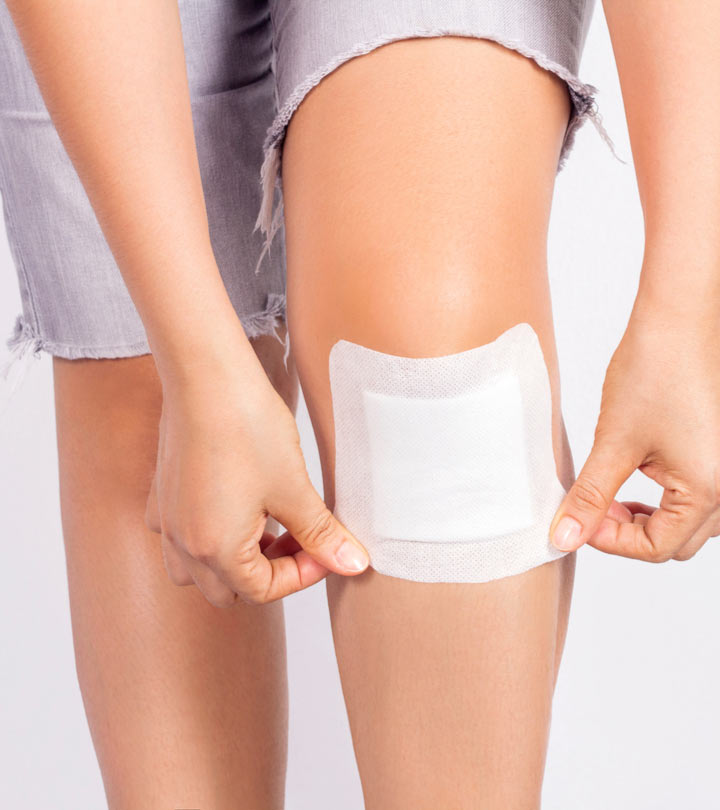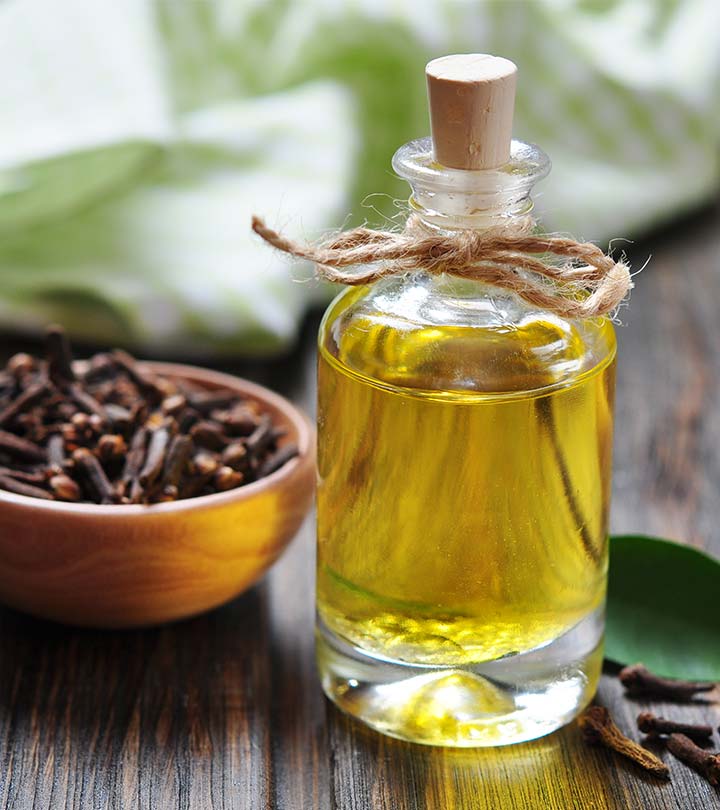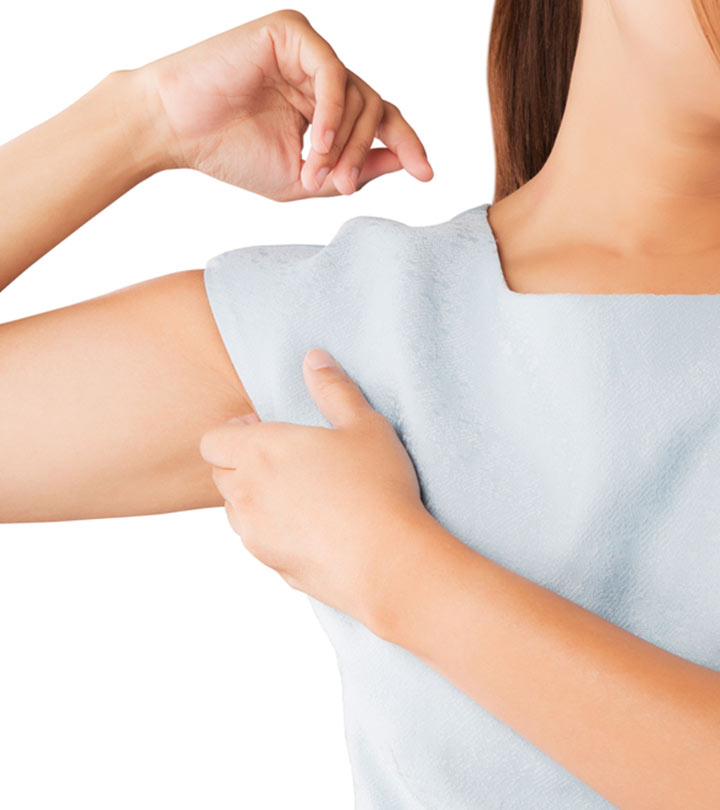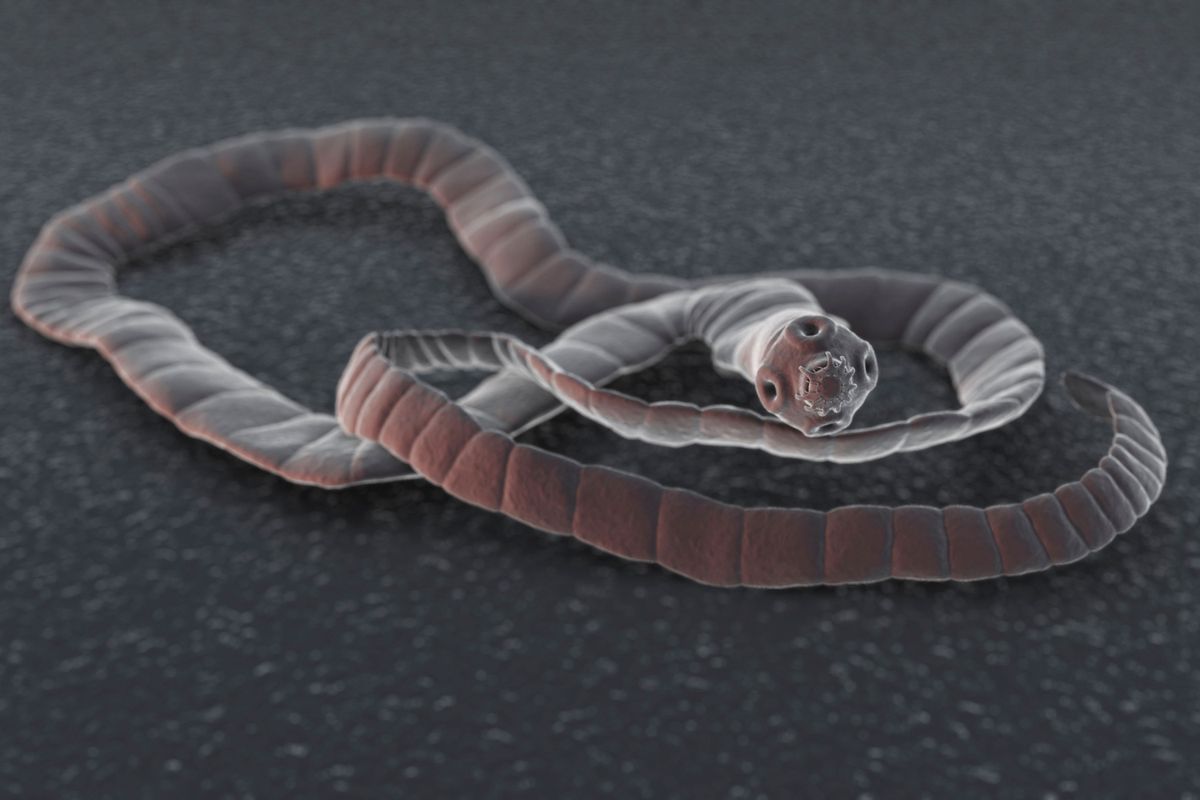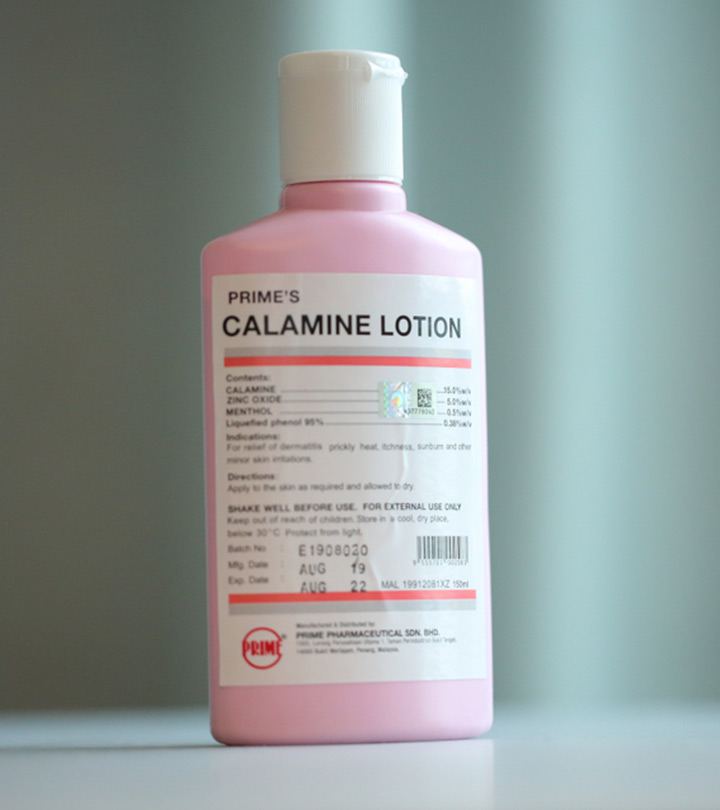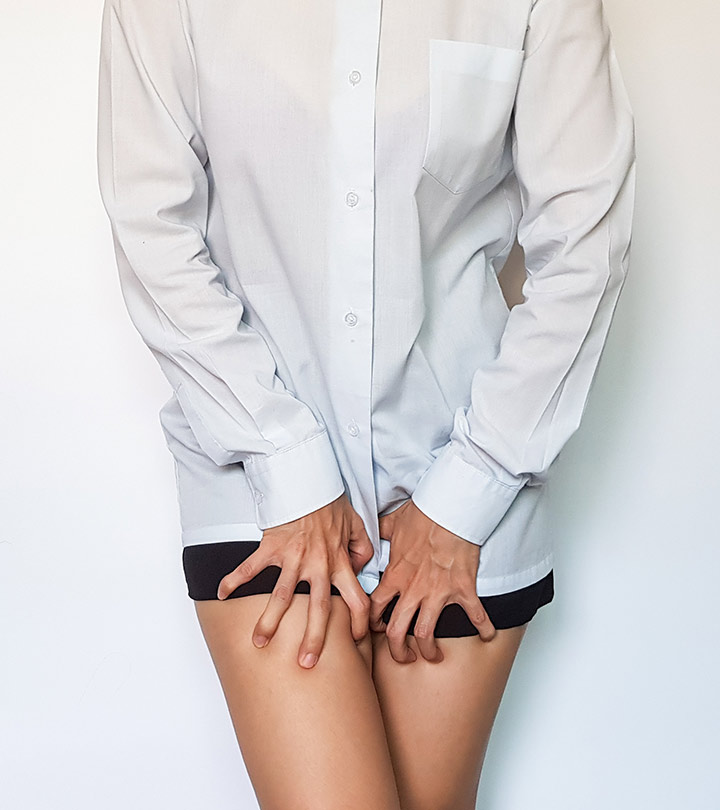Skin avulsion is a severe injury in which the skin is partially or completely torn away. These wounds can bleed excessively and quickly, and they must be treated right away. You must call emergency services immediately and try to control the bleeding. This article will discuss the causes, symptoms, and treatments of skin avulsion. Keep reading!
In This Article
Symptoms Of Skin Avulsion
Shutterstock
Skin avulsion occurs when a severe injury causes your skin to tear off from a particular area. It is usually accompanied by the following symptoms:
- Bleeding.
- Burning sensation around the wound.
- Painful swelling.
- Skin redness.
- Pus discharge.
- Bruising.
- Muscle pain.
- Difficulty moving the limb.
- Limping or an inability to walk (if it is not your leg).
- Pain that spreads to the area surrounding the avulsion.
StyleCraze SaysIf you develop a small wound, ensure it does not get worse. Always keep it clean and avoid exposing it.
A variety of factors can cause skin avulsion. Read the next section to find out more.
Related: 5 Best Home Remedies To Treat Tailbone Pain
What Causes Skin Avulsion?
Shutterstock
A variety of events can cause a serious injury like skin avulsion. These include:
- Explosions
- Accidents
- Gunshots
- Animal bites
- Industrial equipment injuries
StyleCraze SaysWearing personal protective equipment and practising precautions can help prevent industrial injuries.
Now that you know the major causes of skin avulsion, let’s learn about how it can be treated in the following section.
Related: Effects Of Nutrient Deficiency On The Nails: What Do They Indicate About Your Health?
How To Treat Skin Avulsion
Skin avulsion can be treated by following a few home care tips and taking certain medications.
Home Care
Shutterstock
- Wash the wound and disinfect it and remove unwanted dirt and debris.
- Apply pressure and elevate the wound to stop the bleeding.
- Wrap a clean bandage around the wound.
- Keep the wound and bandage clean and dry for at least a week. Also, make sure you get adequate nutrition and relaxation for faster healing.
Some wounds may be treated at home without the need for a doctor. Seek medical help if the damage is significant.
Medications
Shutterstock
People may take over-the-counter (OTC) medications during the healing phase to minimize inflammation and uncomfortable symptoms. Avoid Aspirin as it may induce bleeding and slow down the healing process.
For those with severe or infected wounds, a healthcare provider may prescribe stronger pain medication.
Topical antibiotics can be used for small cuts and scrapes. However, if the wound is at a high risk of developing an infection, a healthcare provider may prescribe oral antibiotics.
Dr. Daniel Boyer, M.D., author at Farr Institute, suggests the following steps to treat a skin avulsion:
- Allow the skin to heal on its own.
- Get the edges of the wound stitched together if the wound is small.
- The doctor may reattach the avulsed skin and graft skin over the wound.
Not all skin avulsions can be treated at home. Some of them need immediate medical attention. Keep scrolling to learn when to see a doctor.
Related: Aquaphor On Face: Benefits, How To Use, And Side Effects
When To Seek Medical Advice
Shutterstock
Call your healthcare provider right away if any of these occur:
- The wound pain increases, or you develop new pain.
- You notice redness, swelling, or pus on the wound.
- You develop a high fever.
- You have trouble moving the injured area.
- The sutures come apart before your next appointment.
- The wound edges look as if they will re-open.
- The wound splits open or does not heal.
- Uncontrolled bleeding.
- The wound becomes infected.
Board-certified dermatologist and medical advisor Dr. Jen Haley adds, “If you suffer from a major skin avulsion, you should seek medical treatment immediately to prevent any further damage to your skin. Avulsion injuries almost always require medical care, and you will need to be assessed to see if you need surgical intervention.”
The Final Takeaway
Skin avulsions can be excruciatingly painful and take longer to recover.
Prevention is always better than cure when it comes to exposed wounds and infections. Ensure that your surroundings are clear of risks and that sharp objects are handled with caution to avoid such punctures and wounds.
Knowing how to treat a wound in the event of an accident will enable you to manage a skin avulsion and prevent infection. Seek immediate medical attention if you suffer a severe injury.

